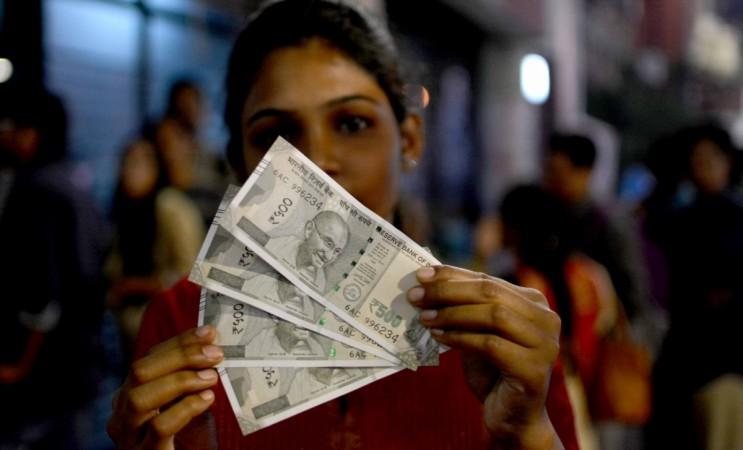
With GST and demonetisation follow-ups the expectations are running high for the Union Budget 2018. Five states have assembly elections in 2018 and another three in 2019, and many experts believe that the Financial Minister Arun Jaitley will roll out a populist Budget on February 1.
The budget proposals related to tax slabs, tax exemptions are closely watched and widely discussed. Middle-class income groups are waiting for more tax relief in the budget.
Here are top five things that the salaried class wants to addressed by the government in Budget 2018.
Also read: Middle class can expect a big tax relief in Union Budget 2018
Tax Slabs
As of now, people earning up to Rs 2.5 lakh per annum are exempted from tax. While the cost of living has increased, it is expected that the current tax slab would be revised and the tab slab raised to Rs 3 lakhs. If taxes are reduced, it could propel growth as disposable income would be high. Tweaking the rates in the lowest tax slab tends to benefit those who do not earn that much. The government has to consider the fiscal deficit also.
Tax exemption limits
While exempting a large part of the population completely from the tax damages the revenue of the government. So there are chances that the government may increase exemption limits under various sections to help people save taxes.
80C investments
Presently, a taxpayer can avail deduction up to Rs 1.5 Lakh per year under Section 80C, 80CCC and 80 CCD(1) as per Section 80 CCE of the Income Tax Act. Popular investments like PPF, NPS, NSC, Fixed Deposits, Sukanya Samriddhi, SCSS etc. qualify for tax benefits under Sec 80C. The limit is Rs 1.5 lakhs and it is expected that the Union Budget may increase this limit to 2 lakh.
The 5-Year deposit scheme in the post office, subscriptions of notified securities like NSS, the sum paid to National Housing Bank's Home Loan Account Scheme, contribution to notified LIC annuity plan, subscription to notified bonds of National Bank for Agriculture and Rural Development etc also come under tax break of 80C investments. The annual insurance premium paid, tuition fee paid for the education of children, repayment of the principal of a home loan etc are eligible for a tax deduction under Section 80C.
Tax breaks
Various reimbursements such as medical bills, rental agreement, transport allowance, dearness allowance (DA), children's education allowance etc., qualify for tax rebates. If you produce medical bills of a certain amount, it qualifies for a tax rebate. The salaried class would like to see some increments in the exemption limit in some of these areas.
No tax on interest income
Bank interest income is not free, it also attracts some taxes.The middle class want the reduction of tax on interest income. If your interest income from all fixed deposits with a bank is less than Rs 10,000 in a year, the bank does not deduct any TDS (Tax Deducted at Source). When it exceeds Rs 10,000 a year, the bank will deduct TDS at 10%. The government may take any actions in Union Budget 2018 to safeguard the interest income in the hands of common man.
Gratuity bill
Employees want the government to pass the Payment of Gratuity (Amendment) Bill 2017 in the coming budget session. The bill proposes to revise the gratuity limits of employees in both the government and private sectors. Now, formal sector workers with five or more years of service are eligible for Rs 10 lakh tax-free gratuity after leaving their jobs or at the time of superannuation. If the bill is passed, the formal sector employees will be eligible to get Rs 20 lakh gratuity. The bill also seeks to revise the norms and increase the period of maternity leave. The maximum maternity leaves that can be availed according to the 1972 Act are 12 weeks. The revision would allow the government to bring in new notification regarding it.








